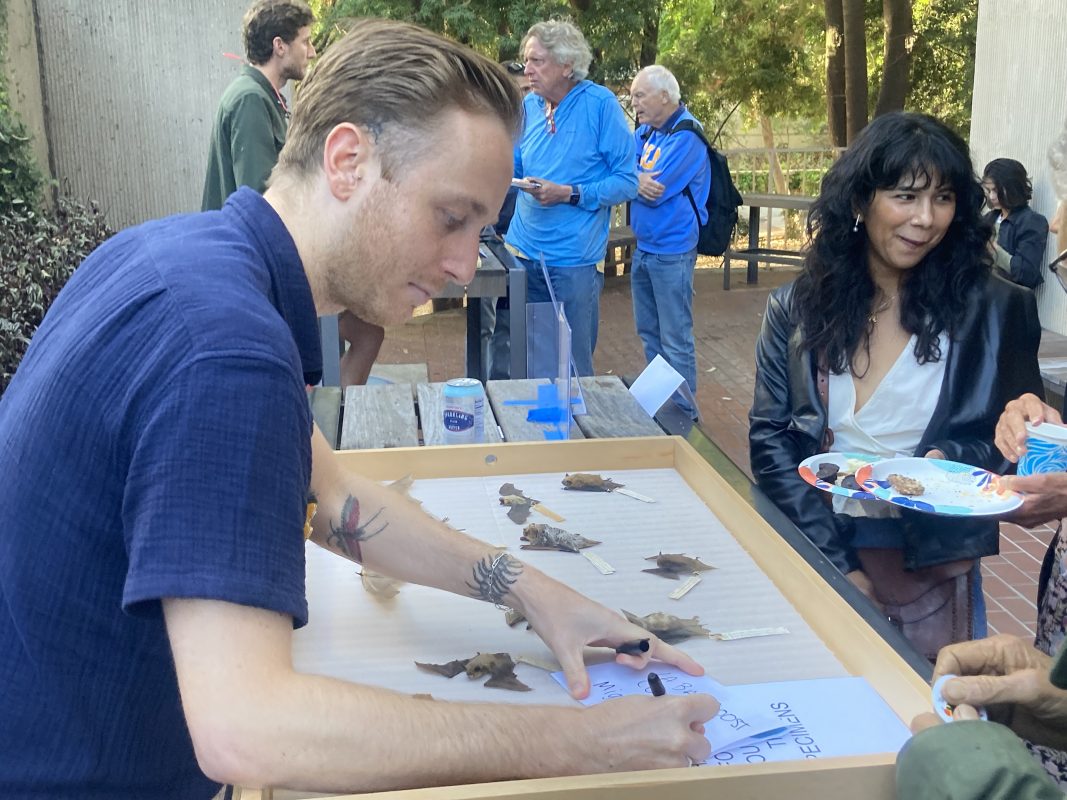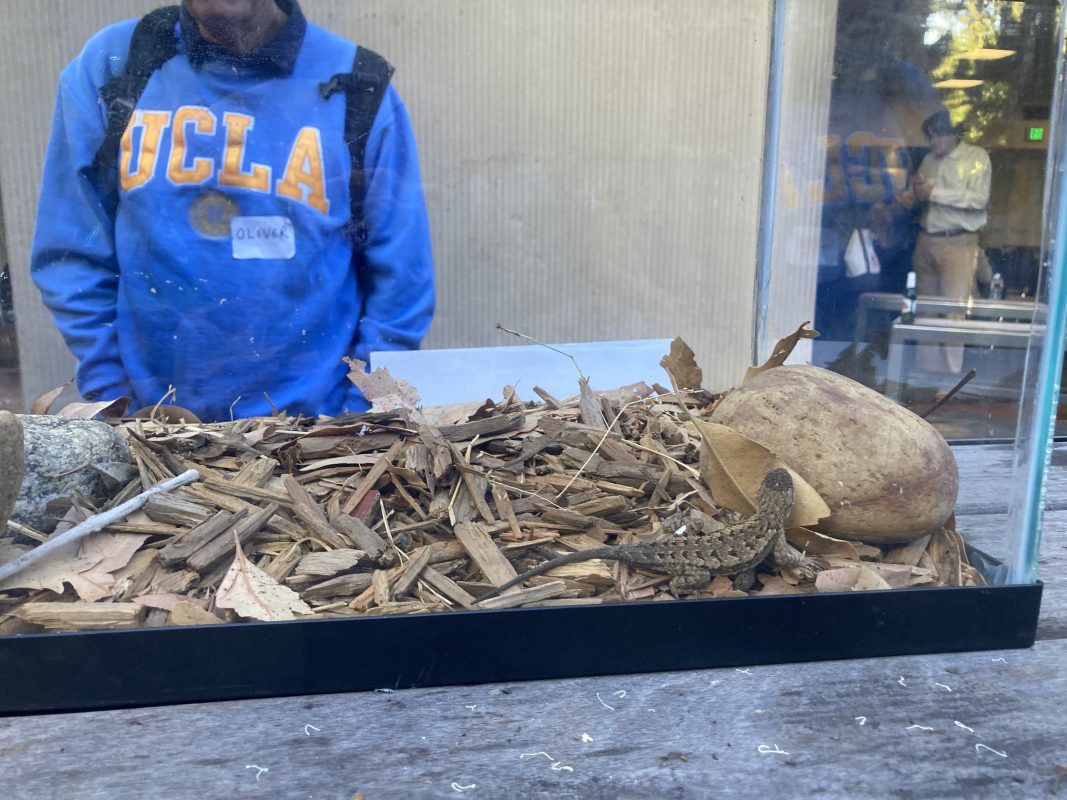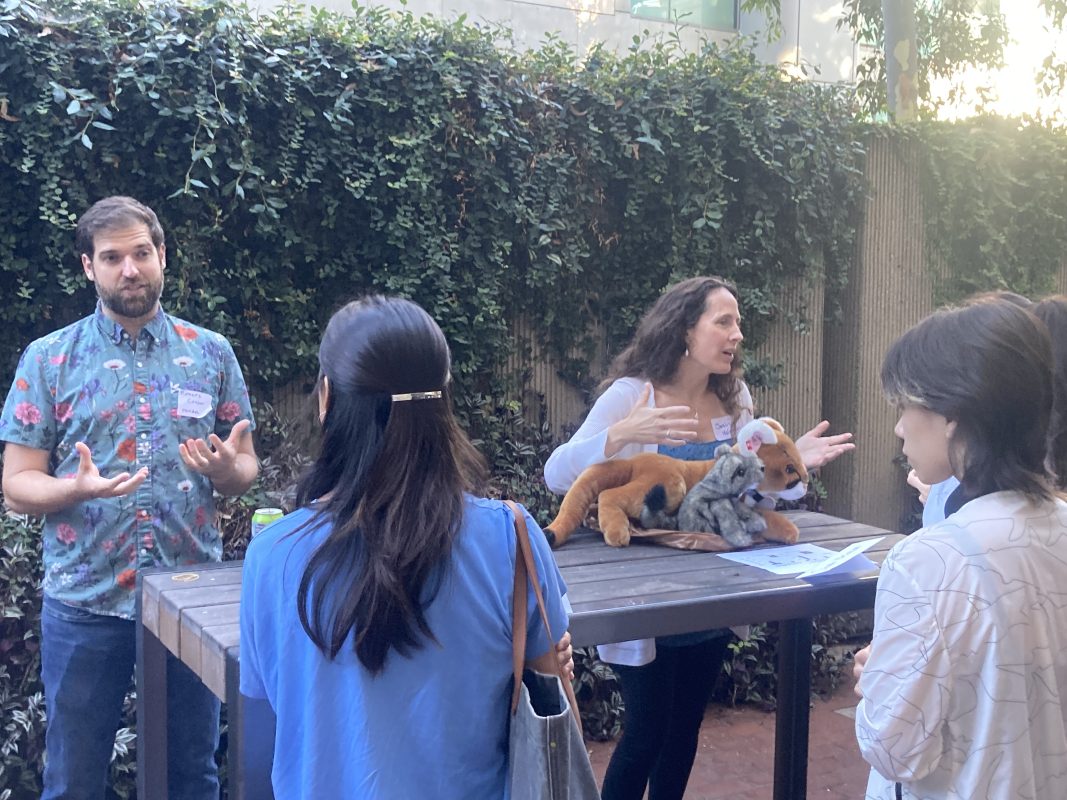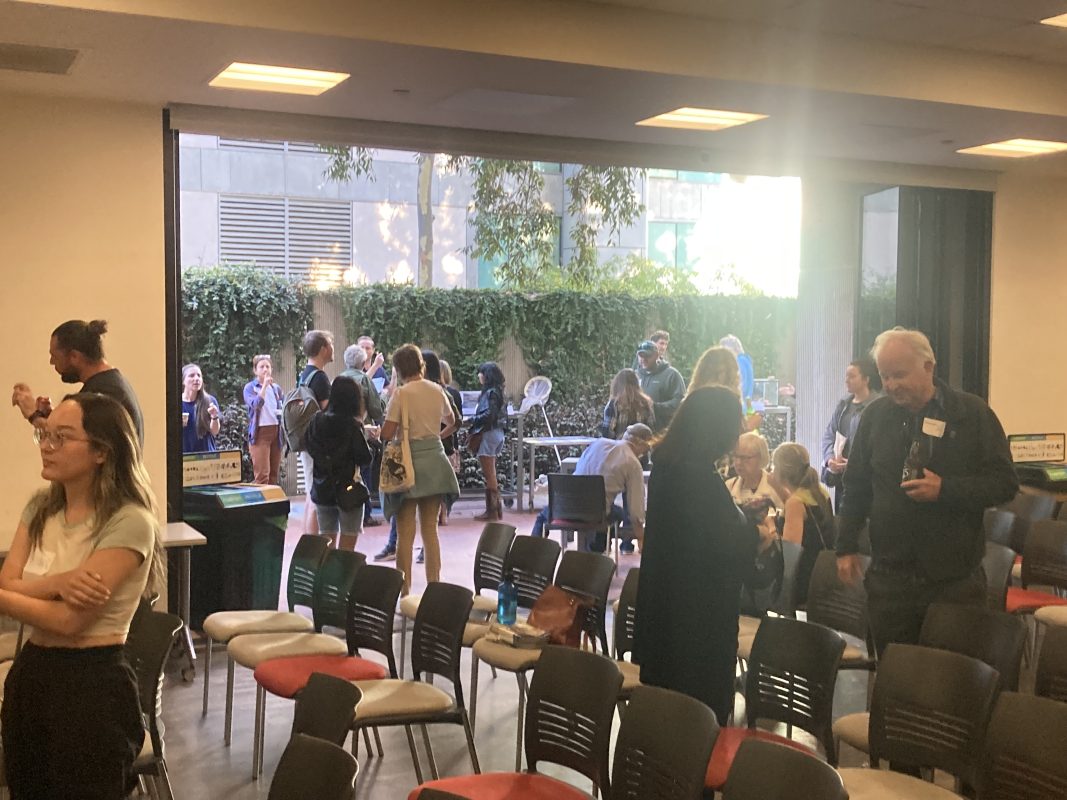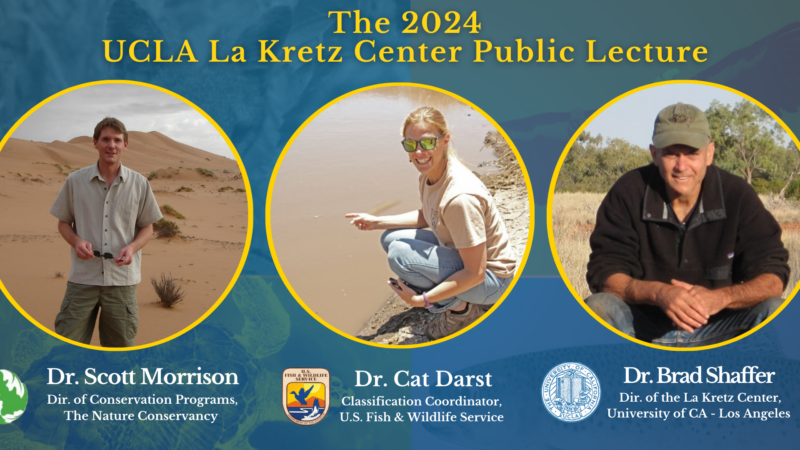At the 13th annual Public Lecture hosted by the La Kretz Center, Drs. Cat Darst, Scott Morrison, and Brad Shaffer marked the 50th anniversary of the 1973 Endangered Species Act by examining its history and continuing role in California conservation. The event offered a unique opportunity to explore the Act’s impact through three distinct lenses: those of a government agency, a Non-Governmental Organization (NGO), and academia.
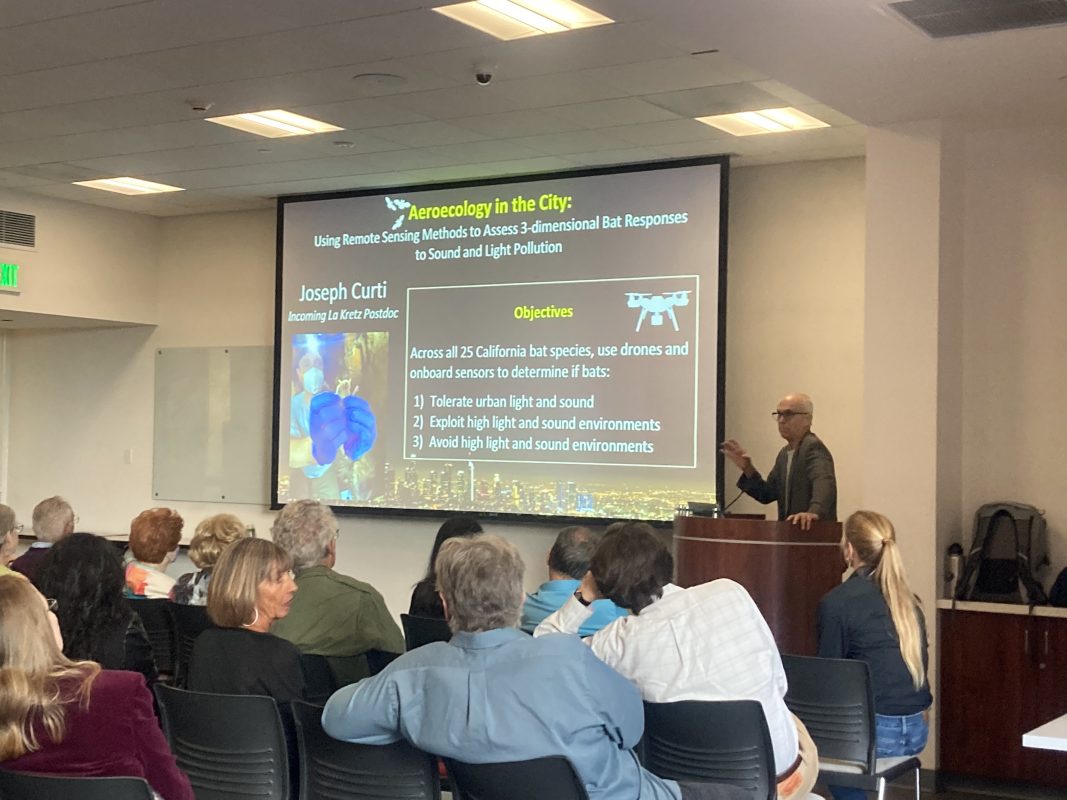
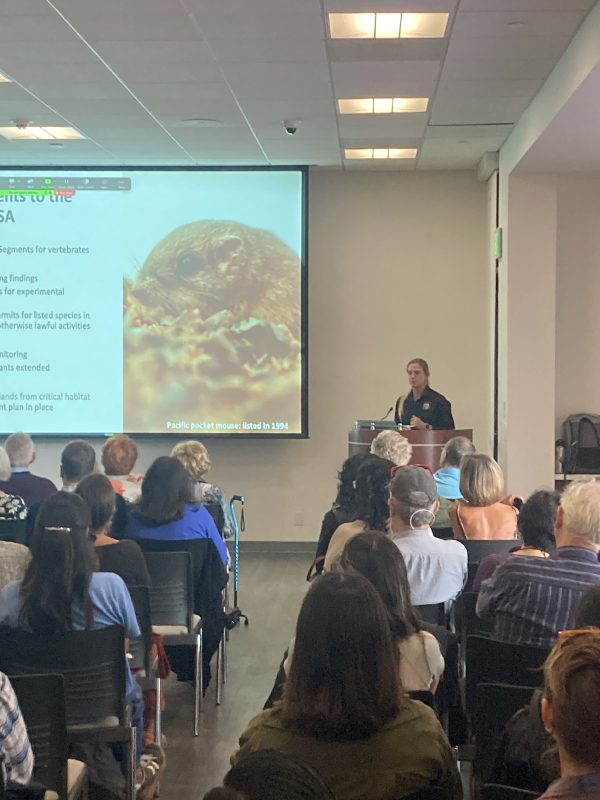
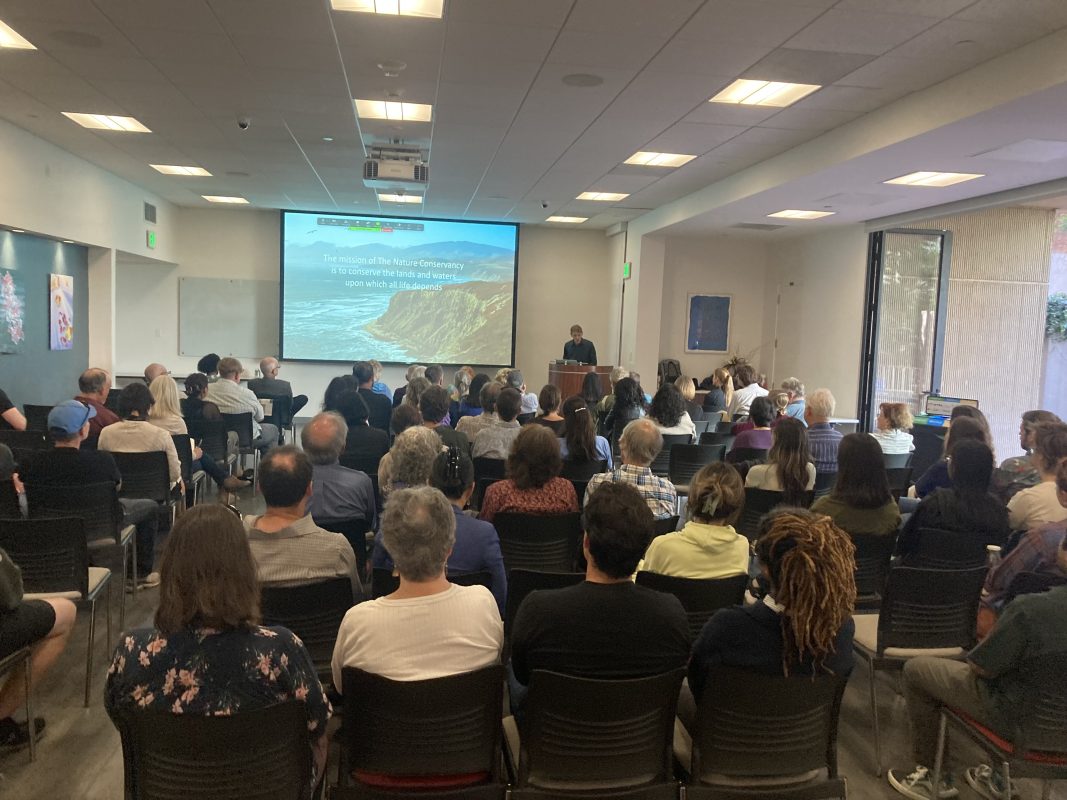
Dr. Cat Darst, the Classification Coordinator for the U.S. Fish and Wildlife Service (USFWS) in California and Nevada, has over 15 years of experience with the federal agency. In her presentation, Dr. Darst offered an engaging overview of the Endangered Species Act (ESA), detailing the USFWS’s process for listing and delisting species. You can watch a recording of her insightful talk below (Note: Occasional audio drops occurred during recording of this talk. We apologize for the inconvenience).
Dr. Scott Morrison, who has been with The Nature Conservancy, a national NGO, since 2001, currently serves as the Director of California Conservation Programs and the Victor E. Shelford Director of Conservation Science. Dr. Morrison discussed how the ESA is crucial for habitat conservation and how it governs urban development in natural areas. A recording of his presentation is available below (Note: Occasional audio drops occurred during recording of this talk. We apologize for the inconvenience).
In the final presentation, Dr. Brad Shaffer, Director of the La Kretz Center, discussed how the Center has consistently funded research on federally endangered species. You can watch the recording below to learn about some of the many La Kretz-funded projects focused on endangered species. (Note: There are occasional audio issues in the recording, and we apologize for any inconvenience.)
Click here to view all the presentation slides.
Following the talk, guests had the chance to meet postdoctoral researchers affiliated with or supported by the La Kretz Center. Each postdoc showcased interactive displays aimed at engaging the public and sharing insights into their research. The featured postdoctoral researchers included Drs. Robert Cooper, Dave Daversa, Sarah Helman, Zachary MacDonald, Joey Curti, and Erin Toffelmier.
